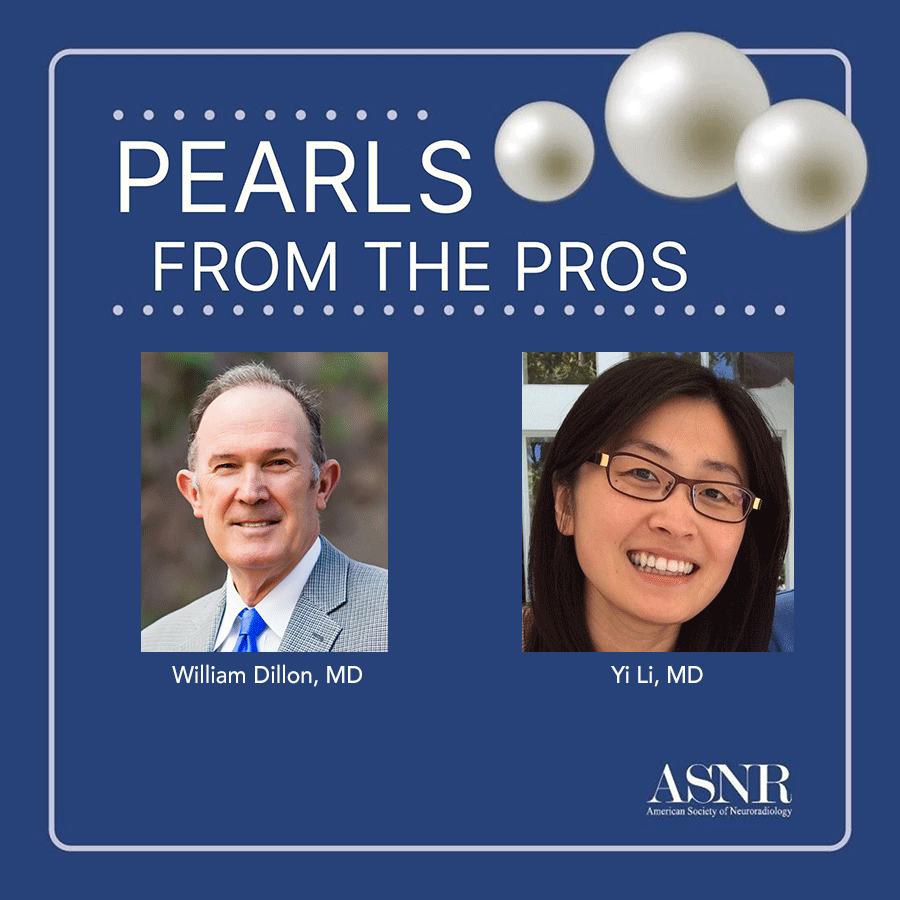Dr. William Dillon Interviewed by Dr. Yi Li

Dr. William Dillon, the Past President of the ASNR during 2001-2002, has advised countless trainees and faculty over his successful career. I recent interviewed Dr. Dillon regarding his advice for junior faculty and young investigators who are exploring research topics early in their careers:
What is the most common mistake you see junior faculty make early in their research careers?
Lack of focus. Very often, junior faculty get caught up in small projects, or contributing to others’ projects. While these single papers are important to publish in the short term, it’s important to develop long-term ideas during the early years that you can cultivate into your own area of expertise. Developing a niche in an area of subspeciality is also a way forward academically. For instance, head and neck radiology or spine intervention expertise is of value for neuroradiology sections.
What are your practical tips when starting any research endeavor?
While these conversations can be uncomfortable, it’s important to establish very early in the process individual roles, authorship and timelines. This sets expectations, keeps the projects on track, and prevents disappointment and conflict as the project evolves. Keep a spreadsheet/ smartsheet of authorship duties and timelines to stay on track. Giving people deadlines makes you seem responsible, not demanding.
What should you look for in a research mentor?
This is so important, and does not have to be limited to one person. I recommend developing an array of mentors and sponsors. Seek mentorship from faculty with particular technical skills, areas of expertise, inside and outside of Radiology, inside and outside of your department and institution. Network and identify people who will champion your cause and facilitate career opportunities. By cultivating a group of people with different perspectives you will find they will advocate for your advancement, provide much needed references in the future, and also become friends and colleagues over time.
What are your tips on increasing productivity?
Well I wish I could tell you that I was an expert in this. We all suffer from some degree of procrastination. One recent piece of advice from Michelle Chestovich MD, a life coach was recently broadcast by Diane Sliwka, MD, Chief Physician Experience Officer at UCSF Health. In this short video, here , Dr. Chestovich describes some simple tools to be more productive, carving out time for personal and professional duties by placing them on a calendar, rather than a list of to-dos without priorities.
Also one must set aside time on the calendar to write. There are multiple demands on everyone’s time, but you can increase productivity by working deeply and thinking clearly during short increments of time. Develop a writing habit where you learn to express your thoughts on paper in between other obligations and you will increase the amount you write and produce. Set goals, priorities, and learn to say no, or perhaps “maybe next month” after you finish your goals.


